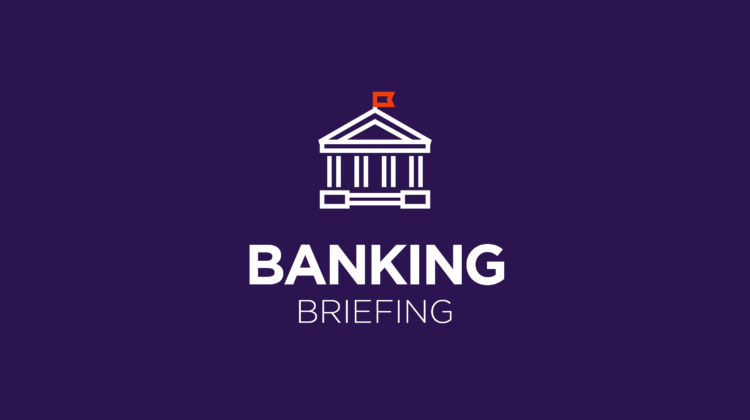Member Exclusive, New banks
Banking Briefing: A look into new challenger bank Zolve and a few thoughts on niche banking apps
- How far can this world of niche challenger banks go?
- Plus, as income sources become more varied, so are lending strategies.








